David Aliano
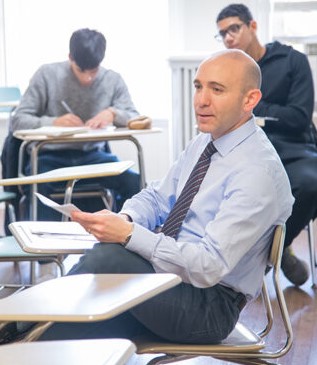
David Aliano is Associate Professor of Italian and History at the College of Mount Saint Vincent in New York Cityand is the Editor of the Italian American Review. He holds Ph.D. and M.Phil degrees from the Graduate Center of the City University of New York and a B.A degree from Fordham University. He is the author of Mussolini’s National Project in Argentina (Fairleigh Dickinson University Press, 2012). His areas of research include Modern Italy and Latin America; Italian transnational and comparative studies; national and ethnic identities; and Italian fascism and anti-fascism.
Adam Arenson
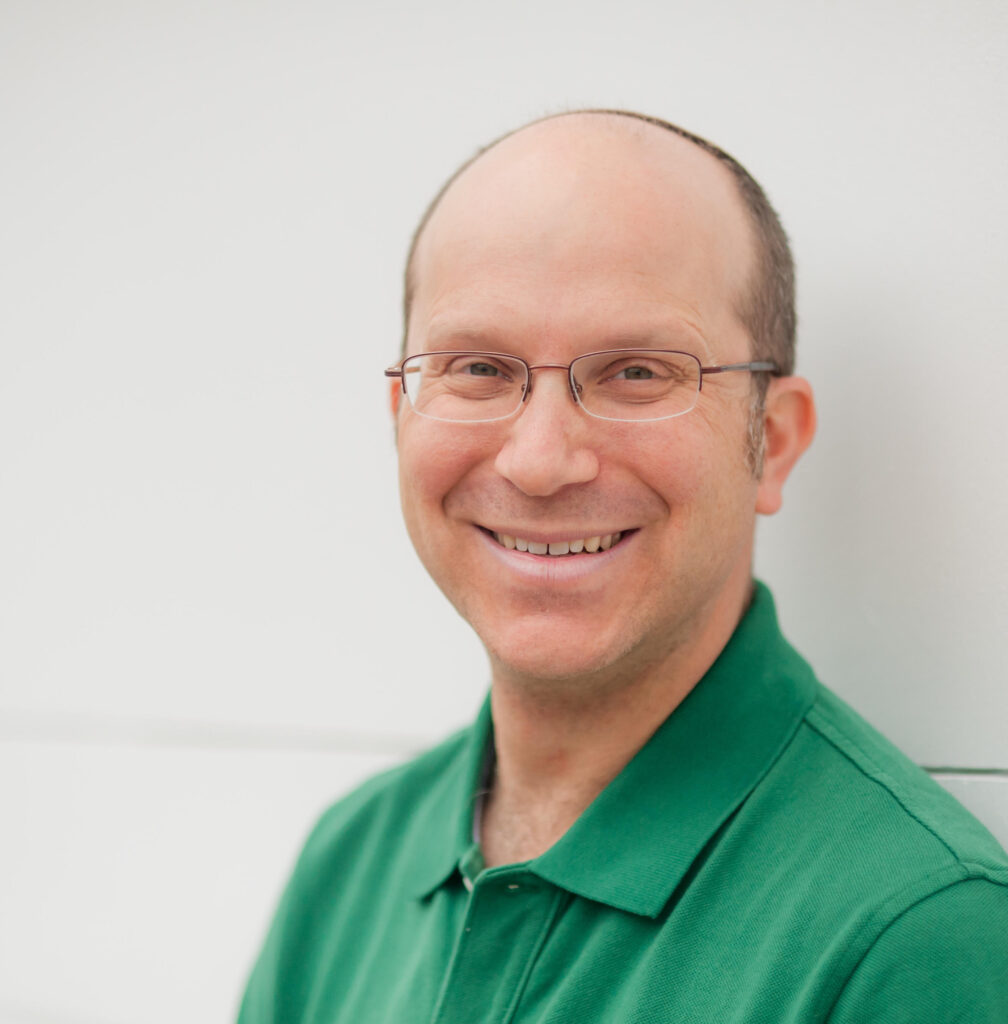
Adam Arenson is professor of history and director of the urban studies program at Manhattan College. His work considers the importance of regional identity and borders in North American politics and culture. He is the author of The Great Heart of the Republic: St. Louis and the Cultural Civil War (Harvard, 2011) and co-editor of Civil War Wests: Testing the Limits of the United States (California, 2015) and Frontier Cities: Encounters at the Crossroads of Empire (Pennsylvania, 2013). He has coordinated seminars on writing history in an imaginative ways in New York and elsewhere; see https://writinghistoryseminar.com For more about his past works and current projects, as well as his tips on teaching history writing, see: http://adamarenson.com
Marcella Bencivenni
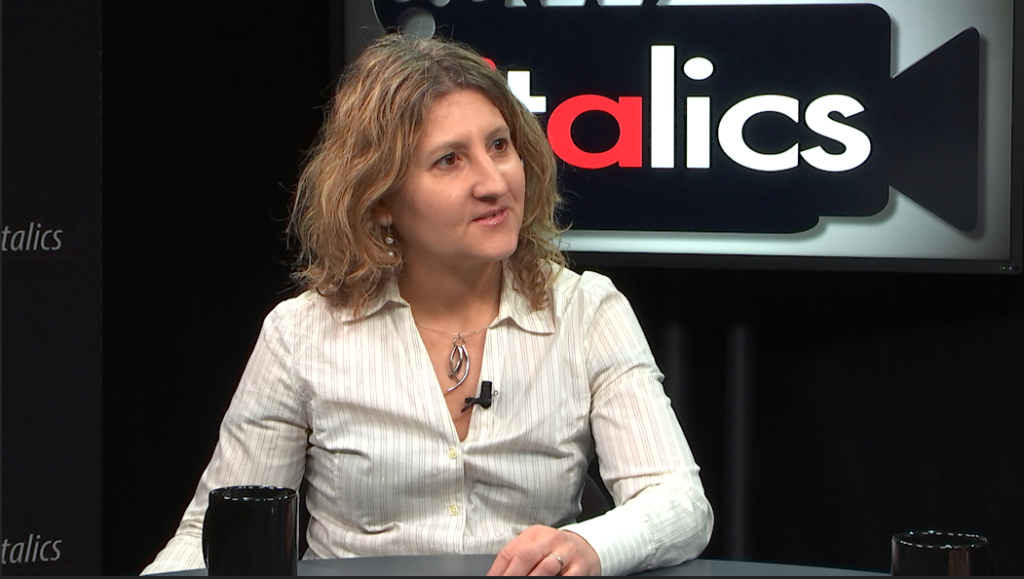
Marcella Bencivenni is Professor of History at Hostos Community College of The City University of New York, where she has been teaching since 2004. Her research centers on the history of American labor and immigration with a particular focus on the Italian American experience. She is the author of Italian Immigrant Radical Culturein the United States (New York University Press, 2011, repr. 2014), the co-editor of Radical Perspectives on Immigration, a special issue of the journal Socialism & Democracy (November 2018), and a contributor to many book chapters, articles, and reviews. In addition to being an active scholar, Prof. Bencivenni is very passionate about her teaching and over the years she has experimented with a wide variety of pedagogical strategies and instructional modalities to address the learning needs of community college students and the tremendous challenges they face in and out of the classroom.
Maggie Curtain
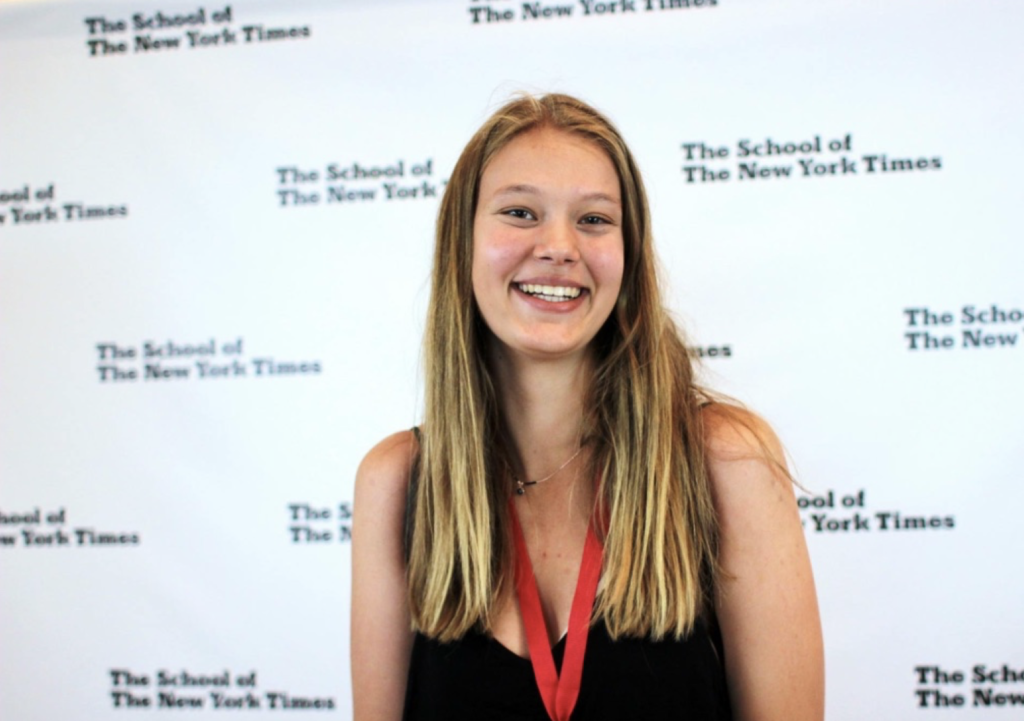
Maggie Curtin is a junior and American Studies Major at Bard College. She is originally from San Jose, CA, and came to the East Coast to pursue her interest in American History. She loves playing ultimate frisbee and is a member of Bard College’s team! She is the Reher Center’s intern for Fall 2020 and has been working with Sarah on Sewing in Kingston and social media.
Mariel Isaacson
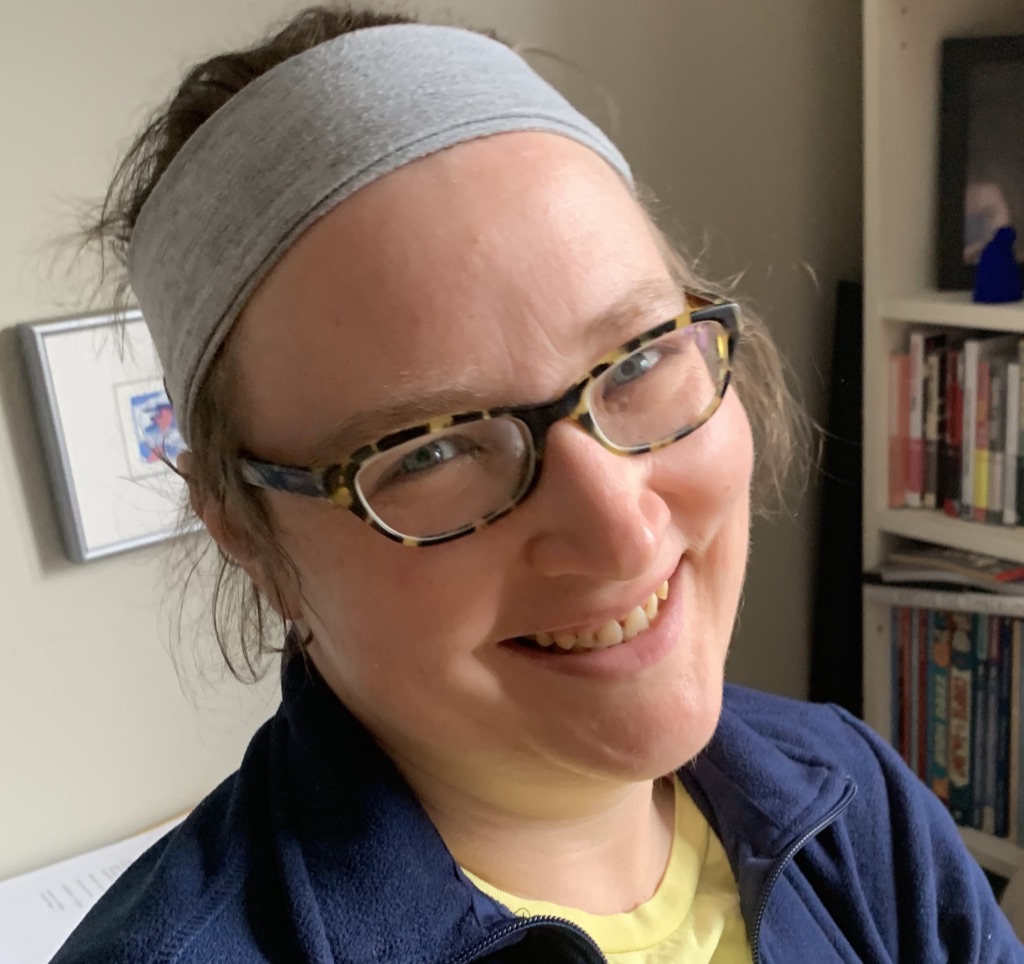
Mariel Isaacson (she/her) completed her PhD at the Graduate Center in 2014. Her dissertation, “Pittsburgh’s Response to Deindustrialization: Renaissance, Renewal and Recovery,” examined municipal strategies for redeveloping an urban economy after World War II. She previously taught US History at Hunter College and Brooklyn College, and currently teaches history at The Brearley School.
Greg Jackson
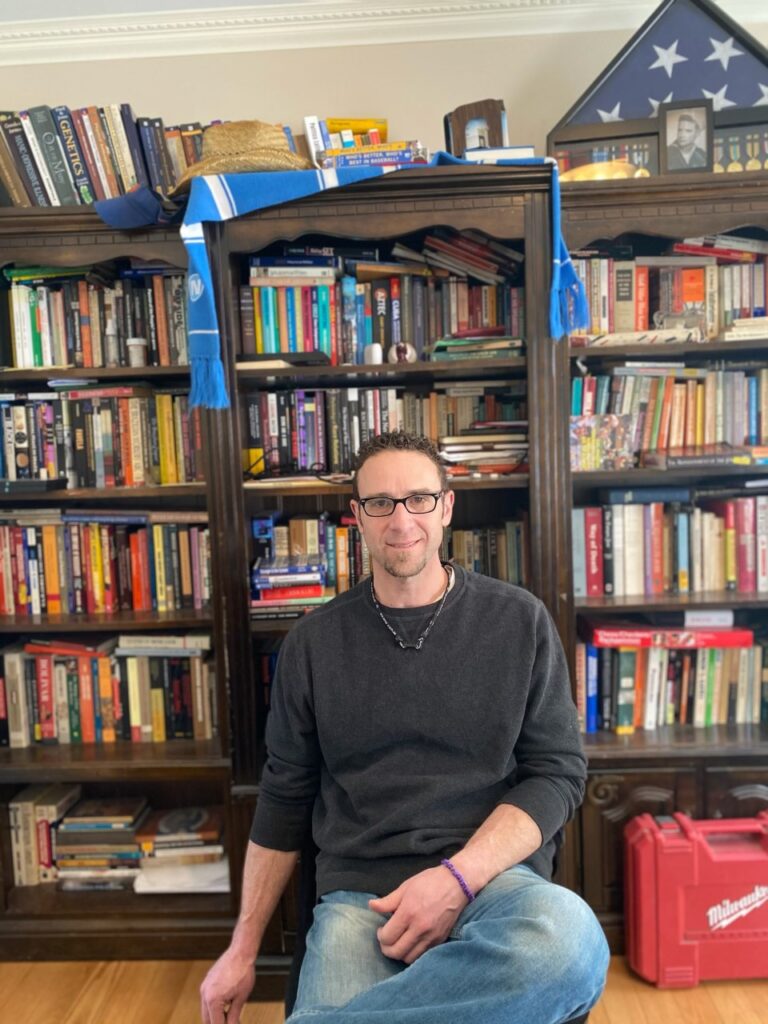
Greg Jackson is an Instructor of History at Westchester Community College, where he recently joined the faculty in 2019. Greg’s training is as Latin American historian from Stony Brook University with a special focus on modern Brazil. His research has focused on the intersections between popular culture and the state. In particular how futebol in Brazil became a medium where soft eugenic projects envisioned by members of the political, social and military elite, aimed to build a new kind of Brazilian citizen, engaged with working class Brazilians who participated in the sport and shared their own interpretations about brasilidade or Brazilianess through the spectacle of the game. He authored the chapter, “Malandros, Honorable Workers’ and the Professionalization of Brazilian Football,” in The Country of Football: Politics, Popular Culture and the Beautiful Game, edited by Paulo Fontes and Bernardo Buaruque de Hollanda, which looks at the role of non-white Brazilian footballs which were the catalyst for professionalism in Brazil during the 1930s. Greg is a passionate educator that now teaches courses in Global History and Western Civilization. His teaching seeks to find new and creative ways to bring the discipline of history to life by incorporating a variety of eclectic sources and methodological approaches into the classroom that aspire to make bridges with the past and demystify the writing process for students at the early stages of their academic journey.
Phil Keisman

Phil Keisman is a doctoral candidate in European History at the CUNY Graduate Center in New York. His research interests include the cultural development of Modern Orthodoxy, print and the press, and cross cultural narrative reception. His dissertation project examines the growth of Hebrew language reading publics in Central Europe and their role in the Modern Orthodoxy’s development into a viable movement. A full time middle school teacher prior to his time at CUNY, Phil has over a decade’s experience working in the classroom with students of all ages. He also holds a Masters in Jewish education from Hebrew College.
Sarah Litvin
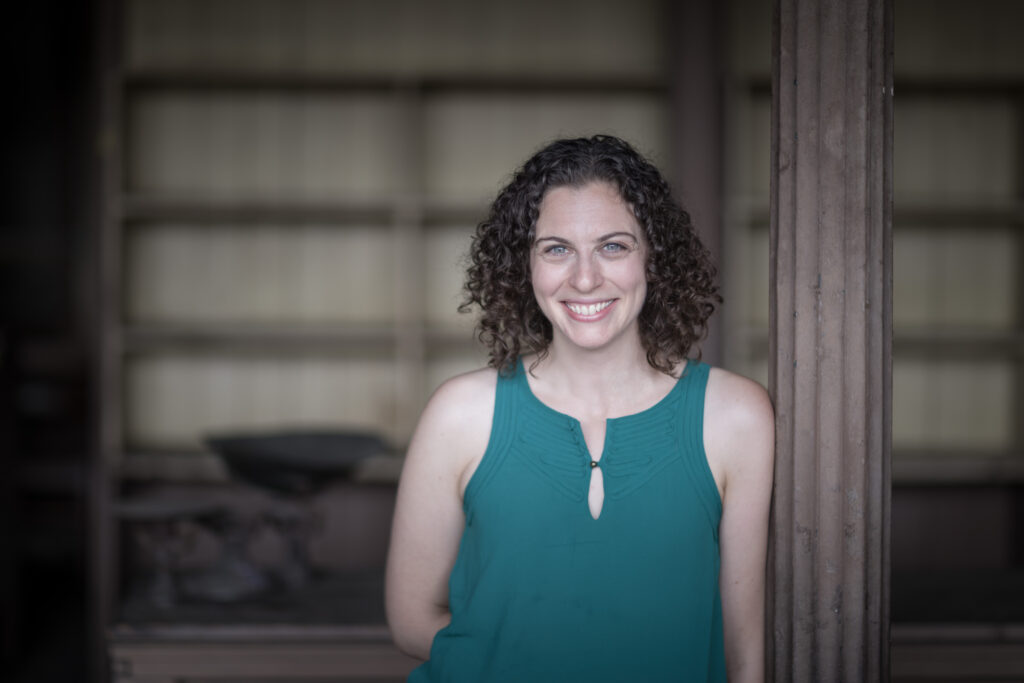
Dr. Sarah Litvin is Director of the Reher Center for Immigrant History and Culture, a new museum and center for civic engagement in Kingston, New York. Sarah’s curatorial expertise is digital exhibits and guided tour development; she has worked as a curator and educator for the New-York Historical Society, the National Museum of American Jewish History, and the Lower East Side Tenement Museum. She completed her PhD in U.S. women’s history in 2019 at the Graduate Center, CUNY, with a dissertation focused on how women used the upright parlor piano to pursue their far-flung ambitions and expand women’s roles at the turn of the twentieth century.
Laura J. Ping
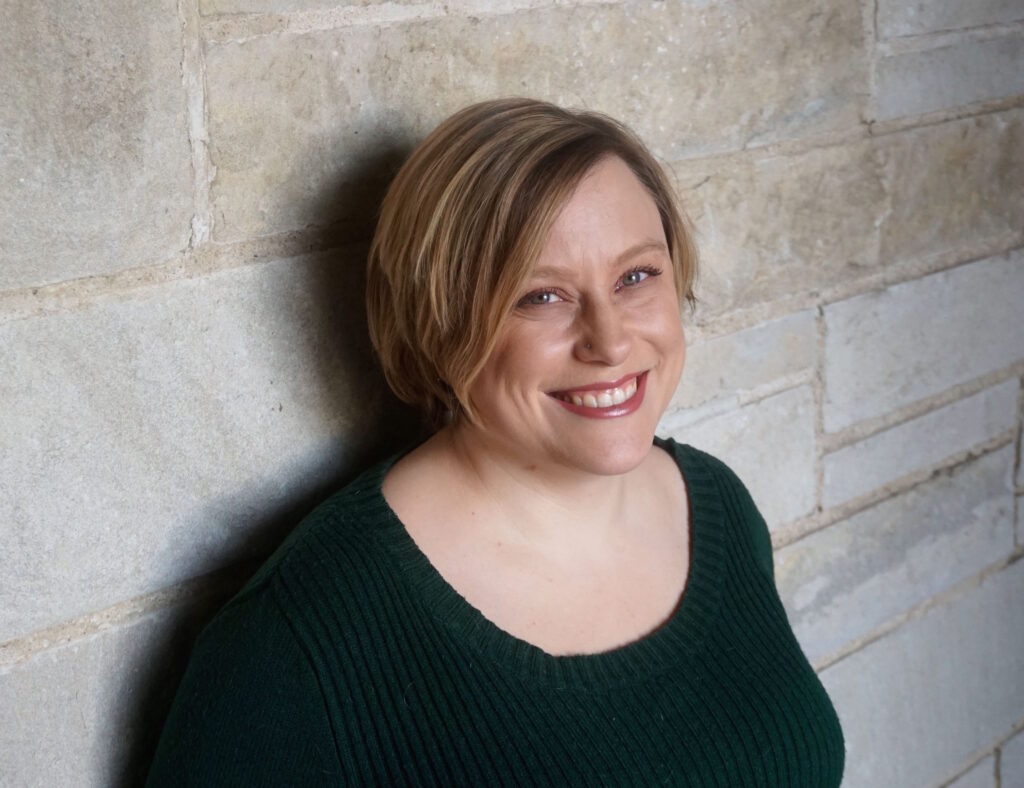
Laura J. Ping is an adjunct assistant professor with the Pace-Gilder Lehrman Institute of American History MA in American History Program and Queens College, City University of New York. Her article entitled, “‘He May Sneer at the Course We are Pursuing to Gain Justice’: Lydia Sayer Hasbrouck, The Sibyl and Corresponding about Women’s Suffrage” was published in the Summer/Fall 2017 issue of New York History Journal and Ping is currently writing a co-authored biography of education reformer Catherine Beecher, which is forthcoming from Routledge Press. Her current book manuscript, Beyond Bloomers: Fashioning Dress in Nineteenth century America analyzes the cultural and political impact of the dress reform movement on the nineteenth century woman’s movement in the United States. Ping has been awarded a 2020-2021 David Jaffe Fellowship in Visual and Material Culture from the American Antiquarian Society and a 2021-2022 Postdoctoral Research Award from the Library Company of Philadelphia.
Larissa Pitts

Larissa Pitts is Assistant Professor of East and Southeast Asian History at Quinnipiac University in Hamden, Connecticut. She received her PhD in Chinese History from UC Berkeley in 2017, after which time she served for two years as the ASIANetwork-Luce Postdoctoral Teaching Fellow at Austin College in Sherman, Texas. Though her research centers on environmental history, she teaches a wide variety of subjects in Asian and World History. She is a firm believer in incorporating formal and informal writing into all of her coursework. No matter what the course is, she hopes that her students will come out stronger and more confident writers.

